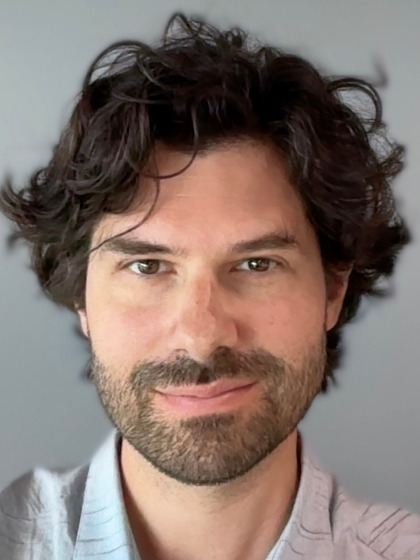G.F.C. (Guillaume) Etter, Dr

Research interests
My research lies at the intersection of neuroscience and artificial intelligence and focuses on learning and memory in neural networks. In particular, I seek to uncover what are the microcircuit dynamics of excitatory and inhibitory neurons involved in updating synaptic weights between neurons to improve behaviors in freely moving animals. In turn, I apply state-of-the-art knowledge of biological neural networks to improve artificial intelligence models, notably with respect to learning incrementally (lifelong learing).
To achieve these objective, I use deep learning and reinforcement learning frameworks, as well as neurophysiological approaches (in vivo calcium imaging, electrophysiology, optogenetics).
Finally, I leverage both neuroscience and AI approaches to develop predictive methods and treatments for neurodegenerative disorders (including Alzheimer's disease).
